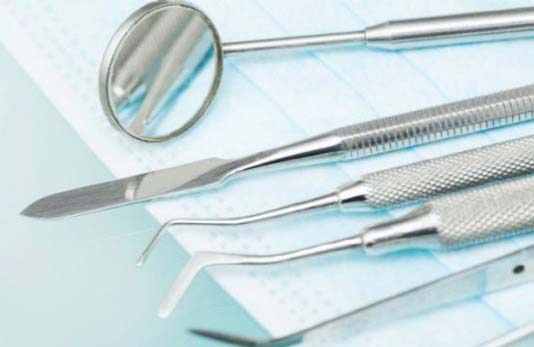What you should know about dry mouth

Dry mouth, or xerostomia, is a decrease in saliva. It’s a common effect of certain medications and health conditions, and it can take a serious toll on your teeth.
Dry mouth can have many causes, from behavioral to medical to biological. Here’s a quick look at some of the causes.
Lifestyle
- Dehydration. Not drinking enough water can lead to dry mouth. Who knew?
- Sports and exercise. Intense exercise that leaves you breathing through your mouth instead of your nose can leave you dry as well.
- Cigarettes and chewing tobacco. Smoke and oral tobacco cut down on your salivary flow.
- Whether you’re taking shots or gargling with mouthwash, liquids with a high alcohol content can irritate your oral tissues and leave them dry.
- Illegal drugs. Heroin, cocaine and amphetamines can all leave your mouth dry, as well as leaving you in an altered psychological state where your oral health is neglected.
Natural changes
- Hormones. Drops in estrogen, such as after menopause, may be tied to dry mouth.
- Aging. Senior citizens are more likely to suffer from dry mouth.
Health issues
- Medicine. There’s no shortage of medicines, either doctor-prescribed or over-the-counter that can dry out your mouth.
- Asthma. Using inhalers can dry out your mouth, as can breathing through your mouth instead of your nose.
- Health conditions. Sjögren’s syndrome, type 2 diabetes and physical conditions like damage to your salivary glands can all cause dry mouth.
- Eating disorders. Binging and purging can lower your body’s production of saliva.
Left untreated, dry mouth can put you at risk for serious dental issues. Saliva is responsible for washing away food particles and helping to fight cavity-causing bacteria. Your saliva even contains special antibodies that can help stop decay before it starts. For this reason, dry mouth may lead to cavities, gum disease, tooth loss, burning mouth syndrome, difficulty swallowing and a loss of taste.
Following these tips can help protect your smile.
- Drink plenty of water.
- Brush and floss twice a day.
- Eat regular, healthy meals.
- Avoid alcohol, caffeine, carbonated beverages, smoking and overly salty foods.
If these basic tips don't help to resolve your issues with dry mouth, be sure to visit your dentist for expert advice.
Last updated December 14, 2021
Related articles:
The oral health information on this website is intended for educational purposes only. Always consult a licensed dentist or other qualified health care professional for any questions concerning your oral health.


